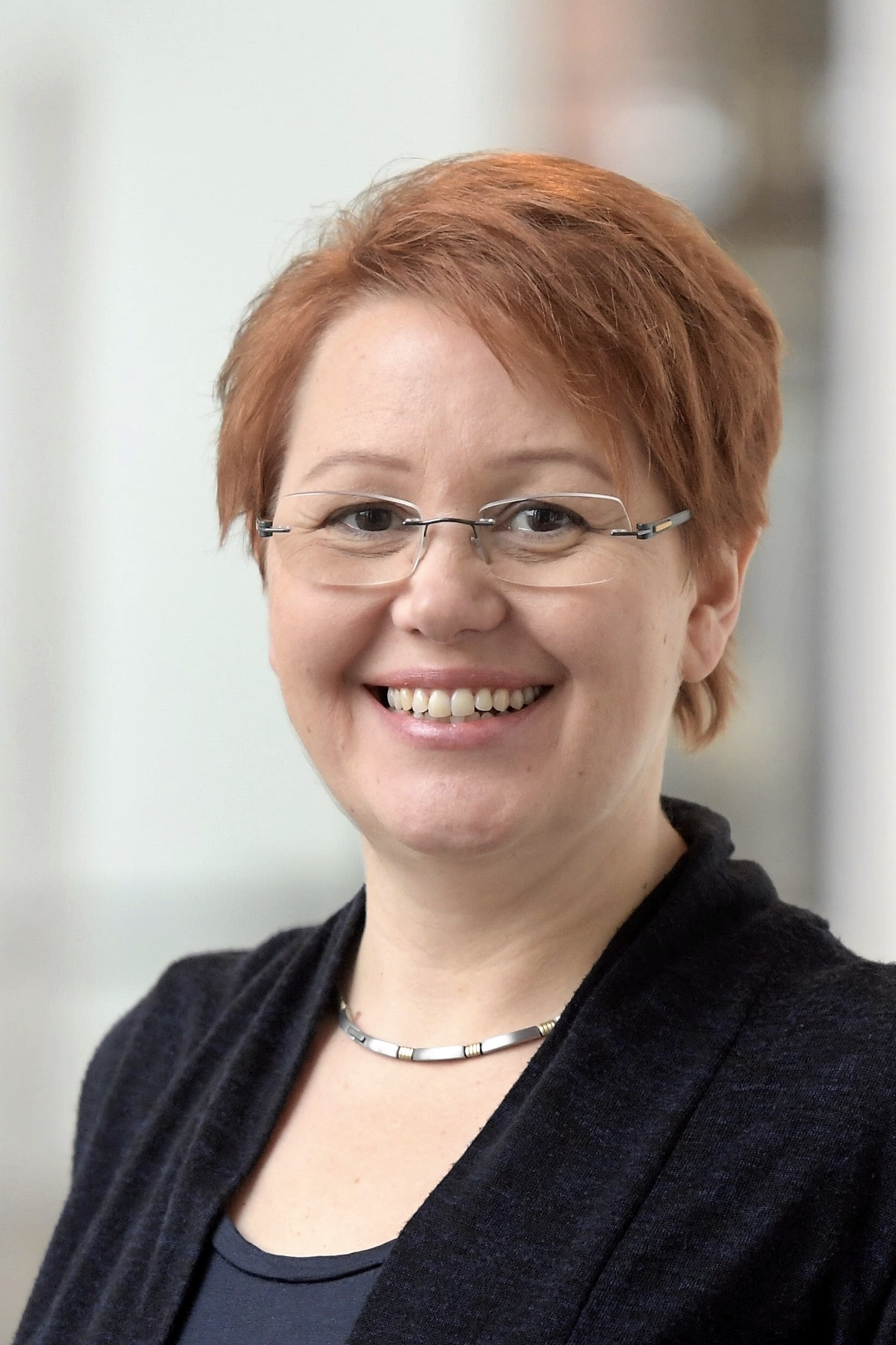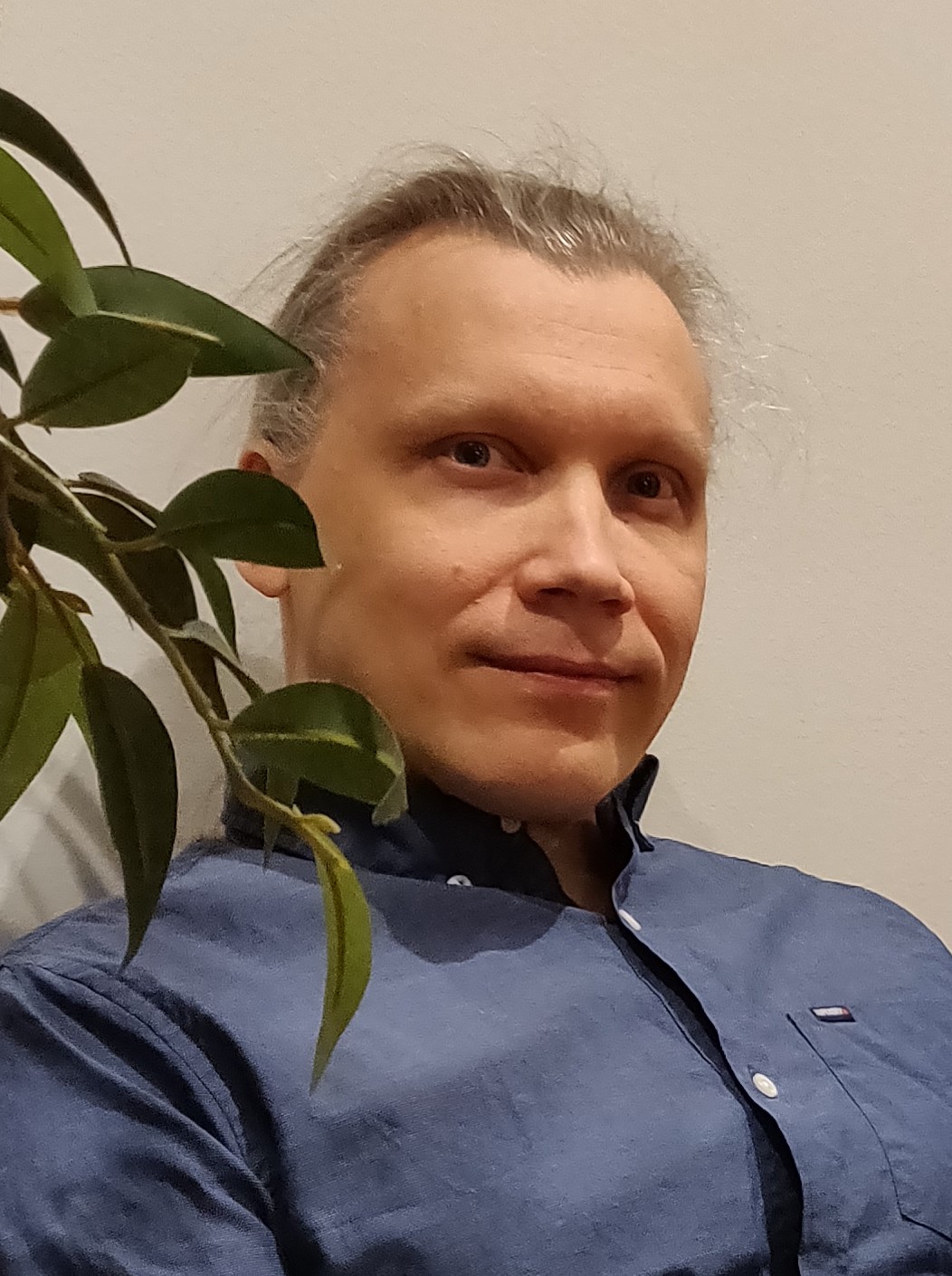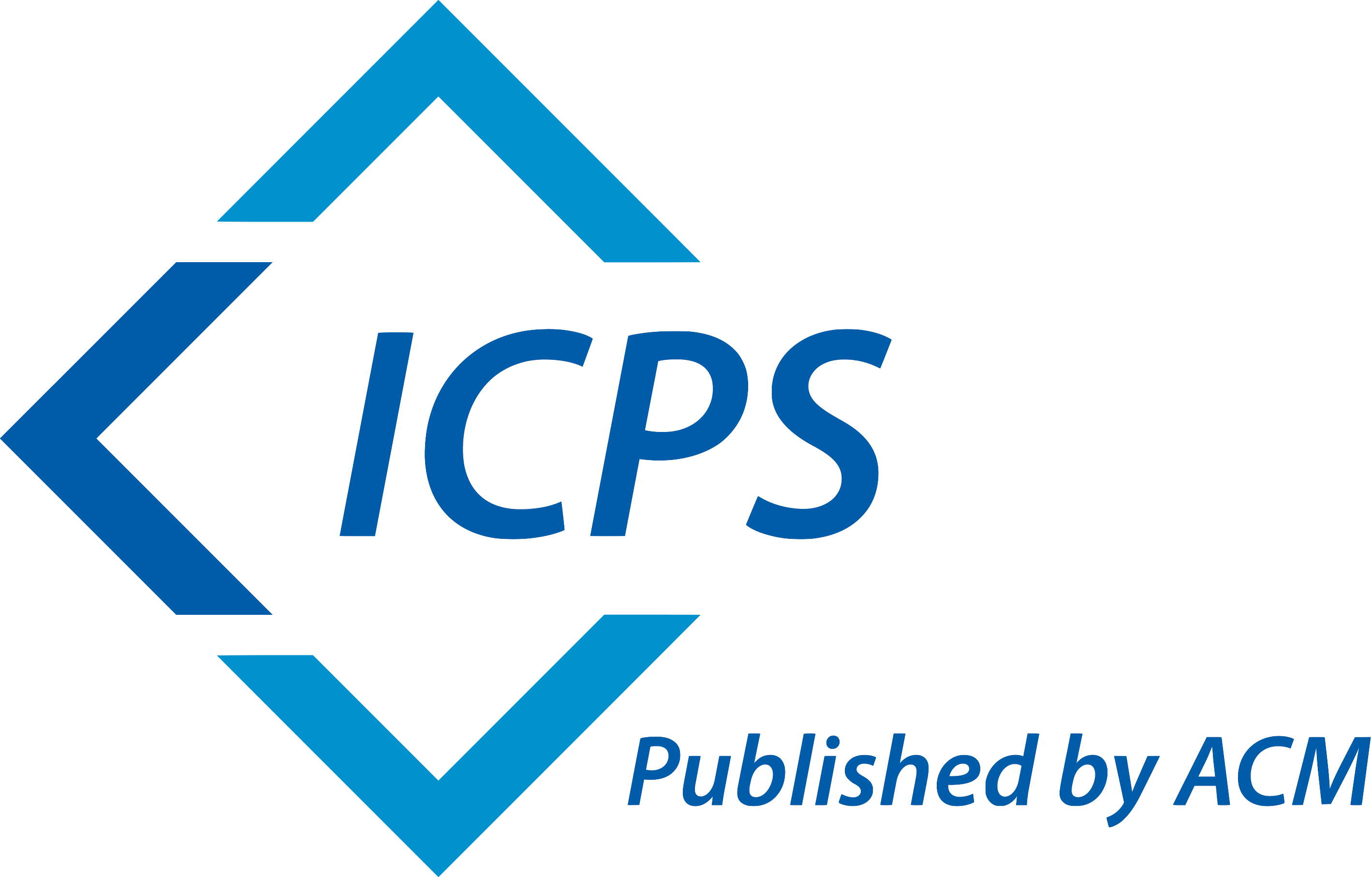Ira Diethelm, University of Oldenburg, Germany
"Digital Education and Informatics - You can't have One without the Other"
Abstract The discussion about informatics as a school subject and media education is almost 40 years old. In Germany, it was decided in the 1980s to teach "basic information technology" in an integrated way, i.e. hidden in other subjects. This has not worked well for many reasons. This talk wants to show the connection between the shift towards digital education and the increasing relevance of informatics as a school subject. These developments are mutually dependent: digital education is not complete without informatics, but in many places the mandatory school subject of informatics has only been introduced because of the requirements for digital education. The "Dagstuhl Triangle" is one of the models that helps to understand the developments of recent years. It is also an important starting point for thinking about the meaning and purpose of our subject.

Short Biography Ira Diethelm is professor for informatics education at the Carl von Ossietzky University of Oldenburg, in north-western Germany since 2008. She started her career as a teacher for maths, chemistry and informatics in 2001 and received her PhD at University of Kassel in 2007. She is now part of the board of the German Informatics Society (Gesellschaft für Informatik) and involved in many intitatives to establish compulsory informatics education for all children.
Matti Tedre, University of Eastern Finland, Finland
"CT 2.0"
Abstract Machine learning (ML) has triggered major changes across a great number of computing fields. People's lives today are full of ML-driven services: eerily accurate recommendations, ability to automatically tag one's friends in photos, and well working translation systems, for example. This talk presents how ML technology upends the CT consensus in computing education. It first presents why and how a number of classical "CT1.0" concepts need to be re-thought for the "CT2.0" (machine learning) era -- from control structures and problem-solving workflow, to correctness and notional machines. Based on a series of classroom interventions on teaching machine learning to middle schoolers, the talk also presents how classroom pedagogy shifts between CT1.0 and CT2.0.

Short Biography Matti Tedre is a Professor in the School of Computing at the University of Eastern Finland. He is currently interested in the philosophy of computer science, computing's disciplinary ways of thinking and practicing, and how children's data agency develops as they learn how to create their own machine learning models. The first two were summarized in his two most recent books "The Science of Computing" (Taylor & Francis / CRC Press, 2014) and "Computational Thinking" (MIT Press, 2019, with PJ Denning).





